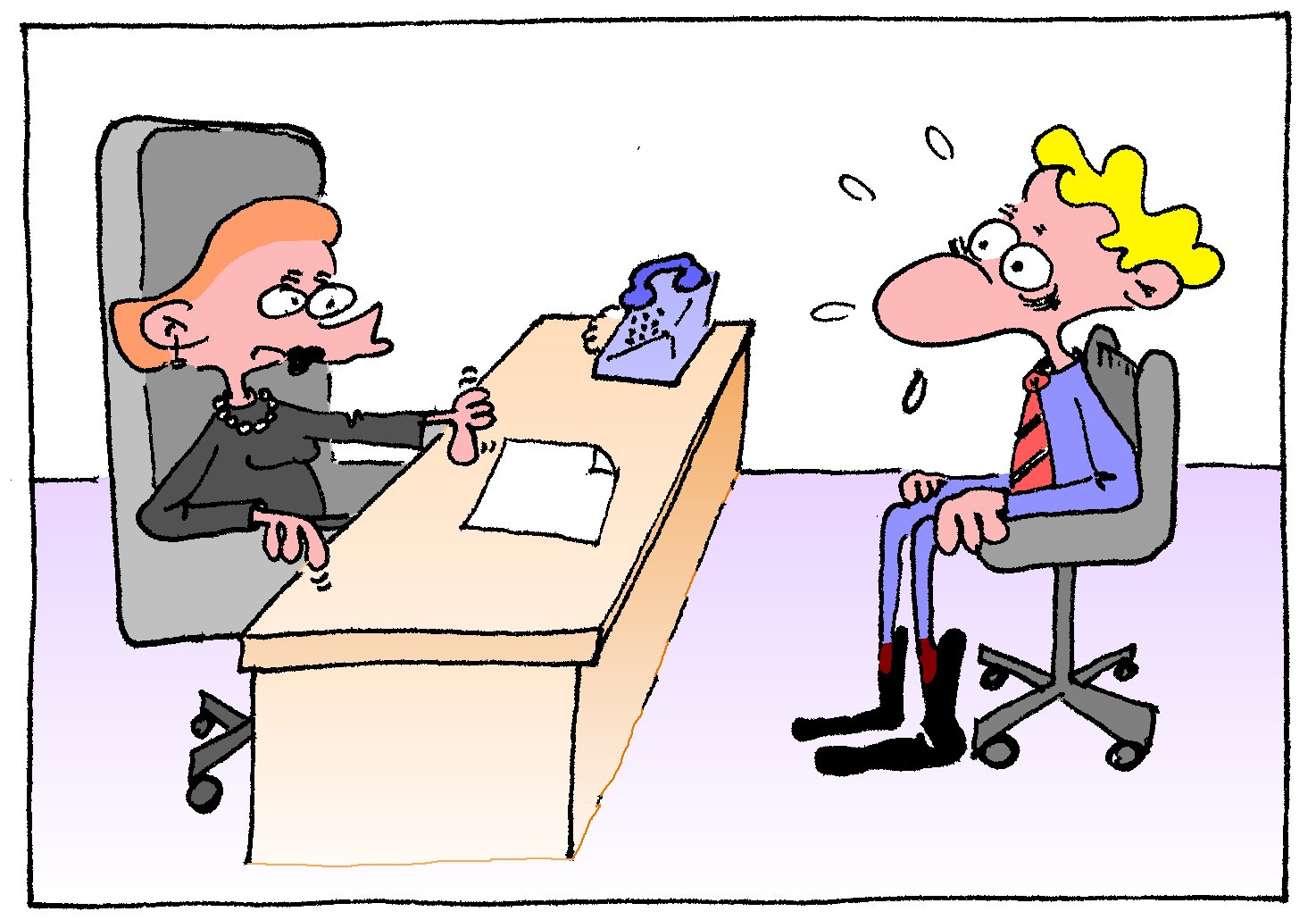
Up With The Downside, Down With The Upside
In defense of managers who make weak, maddening non-decisions.
Other than accidentally spitting through a closed car window, there can be few things more frustrating than a manager who just won’t take a risk.
Whether it’s a boss who won’t let you take a training course (what if you’re needed while you’re away?), a head of sales who won’t let you push a new product line (what if it fails?) or a supervisor who won’t let you have a new computer (what if it costs money?), working with a risk-averse boss can be like those dreams where you’re trying to run away, but can only move in slow motion as though you were waist-deep in treacle.
So why do they do it?
Here’s a viewpoint you don’t see very often. People keep their habits because for them, on some level, and even if the harm is very apparent to you, keeping those habits WORKS. We love things that DEFINITELY work (like smoking) and are very reluctant to give them up for things that MIGHT work (like quitting).
Managers make frustrating, short-sighted, counter-innovative, opportunity-denying and risk-averse decisions BECAUSE IT WORKS. In most organizations, making these types of frustrating decisions is their best path to survival.
In this country that produced everyone from Thomas Edison to Henry Ford to Steve Jobs, you might well ask why. Isn’t this the land of entrepreneurial spirit, risk and reward? The answer to that, believe it or not, has to do with math and game theory. Don’t panic, there are no equations in what’s left of this article.
Two criminal suspects are arrested, separated, and invited to turn each other in. Depending on the choices they make, somebody could get a long jail term and somebody could get a plea bargain; it depends on who double-crosses who first, and how. Perhaps you’ve heard of this famous decision game – it’s called the Prisoner’s Dilemma.
For a manager making a decision, say whether to let you take a course, there’s always an upside (you’ll be happy and better trained) and a downside (you’ll be away and it costs money). Associated with each is a PROBABILITY of that outcome. That probability is rarely 50/50. We don’t have much faith in the State lottery because, while the upside is huge, the associated probability is almost nil. On the other hand, a lottery ticket costs a buck – very little downside.
So now to you, your manager, and the corporate culture you both operate in. In a government agency or a large company, especially if they’ve been around a long time, most often making a good and risky decision has a low upside (the big boss says “well done”) and a very large downside (you’re seen as non-promotable). Imagine a simple table – one decision, an upside for success and a downside for failure, and an associated likelihood for each. Even when the probability of the downside is very low, if the downside is big enough, it gives you pause. Likewise if the upside probability is high but the actual upside is very small, who cares?
We usually think the disagreement with the boss is about the possible upside and low downside – why can’t they see it? In fact, it’s almost always about the probabilities. The boss doesn’t see these the way you do, and chances are, the truth is somewhere in the middle. If that training course has an 80 percent chance of making you slightly happier and a 20 percent chance of getting the boss carpeted for your being away, that’s the decision table for that dilemma. What would you do, as the boss? Especially if you have 20 staff, and can only be yelled at by the big boss so many times before you’re in big trouble?
When you ask for something, be realistic about the upside, the downside, and the probability of each. Bosses get to be bosses because they have good survival instincts, and they are resistant to B.S. If you show that you’ve thought through the decision game for what you’re asking for, that starts the discussion from a place of honesty, and that’s your best chance of making a deal.
May you be the prisoner that gets a plea bargain!


Engage us on Facebook
Follow us on Twitter
Tweets by @mymcmedia